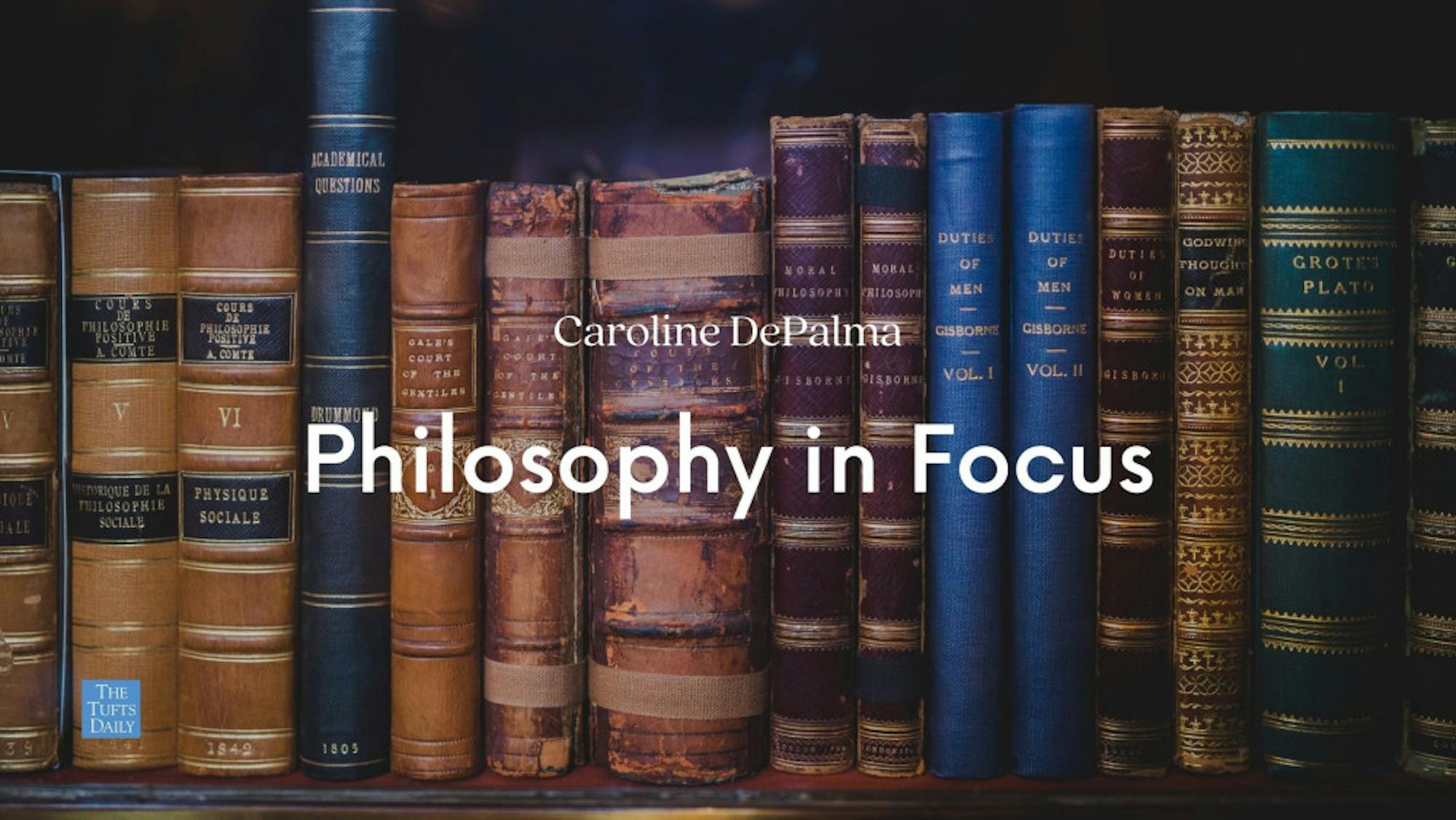This week, thousands have gathered in Washington D.C. to show their support for President Donald Trump and his refusal to concede the presidential race to former Vice President Joe Biden.
The danger that the Trump administration’s recent actions pose to American democracy cannot be overstated. And while Trump’s behavior is not altogether astonishing, I still find myself surprised every single day at the number of people willing to blindly praise him.
I will never understand what goes through those individuals’ minds, but I have tried. To them, it seems as though Trump stands on a pedestal so high that he’s barely human anymore — just a breathing, walking, yelling embodiment of some idealized version of America. His base’s unwavering devotion more closely resembles the admiration of the British monarchy than any kind of thoughtful support for a democratic leader.
I draw this connection because the government powers of the British monarchy are solely symbolic; though the queen has no real political power or responsibilities,people gather by the thousands to watch members of her family get married or show off their newborn babies.
In the United States today, the thousands participating in pro-Trump rallies to reject the results of the election are also rejecting one of the most basic features of our democracy. I would argue that the presidency, to those people, is as symbolic as the queen’s role on the other side of the Atlantic. It represents a form of leadership that resides at the heart of the nation; to his supporters, attacking Trump’s leadership is akin to attacking a symbol of American pride, making the results of the recent election personal, not political.
Unfortunately, I don’t think this view of American government is unique to the Trump base. In “Capitalism and Freedom” (1962), Milton Friedman comments on John F. Kennedy's famous line from his inaugural address: “Ask not what your country can do for you — ask what you can do for your country.”
Friedman denounces Kennedy’s sentiment as putting too much distance between the individual citizen and their government. Regardless of who is serving the other, Friedman says, it is detrimental to think that "the country" is a separate entity from the people who live in it.Instead, he suggests that we ask what we, as citizens, can accomplish together through our governmental institutions.
I cannot emphasize enough how crucial it is that we shift our views of government to be more in line with Friedman's. In a democracy, leaders should work for voters; they, too, are citizens that must operate at the same level as their constituents.
If that is the system we want to preserve for future generations in this country, we need to stay as far away from glorifying the leaders we choose. They are as imperfectly human as we are; to pretend otherwise, as Trump’s base does, is not only to set ourselves up for disappointment, but to put the whole system in danger.






